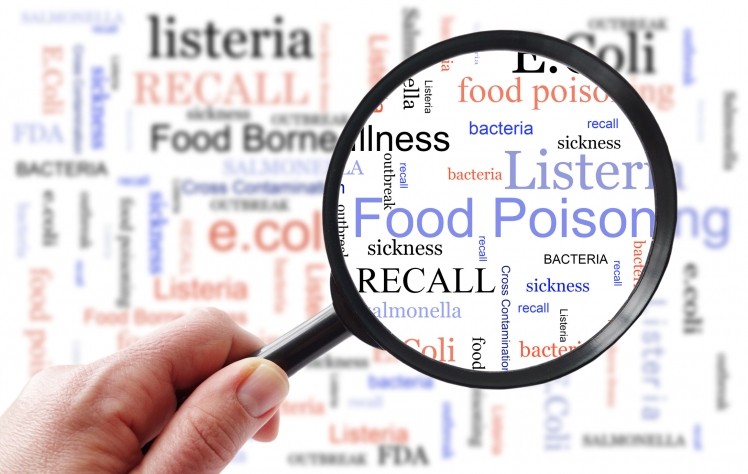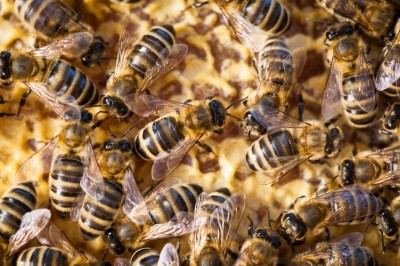Food controls in Europe declining, BEUC finds
The number of food controls and the resources allocated to them are dwindling across Europe, according to a report by the European Consumer Organisation (BEUC).
All member states are required by law to report on their inspection activities every year. But BEUC, after analysing data on official food controls from 12 countries, concluded:
- With some rare exceptions, human and financial resources for food controls are decreasing across the EU, as are the number of checks;
- Some control staff have flagged that they lack the necessary resources to carry out their duties;
- Controls of the foods most likely to cause poisoning – such as eggs, milk and meat – are decreasing;
- Member States’ patchy reporting makes comparisons difficult, if not impossible;
- Member States give low to no priority to labelling checks;
Few countries choose to publish the results of inspections of individual operators and to inform consumers about hygiene standards in restaurants and food shops.
Monique Goyens, director general of BEUC, commented: “Our report shows that national governments are regrettably cutting corners when it comes to checking the vital resources that are our food. Even products prone to causing food poisoning – such as meat, eggs and dairy – are subjected to fewer and fewer controls. Several scandals have recently hit the headlines, including tainted baby milk and eggs as well as meat unfit for human consumption. Consumers then legitimately wonder whether governments are effectively ensuring that businesses play by the rules – and whether they have the means to do so. Consumer mistrust in food products ultimately harms businesses and the economy as a whole.”
Image: GettyImages/zimmytws


























